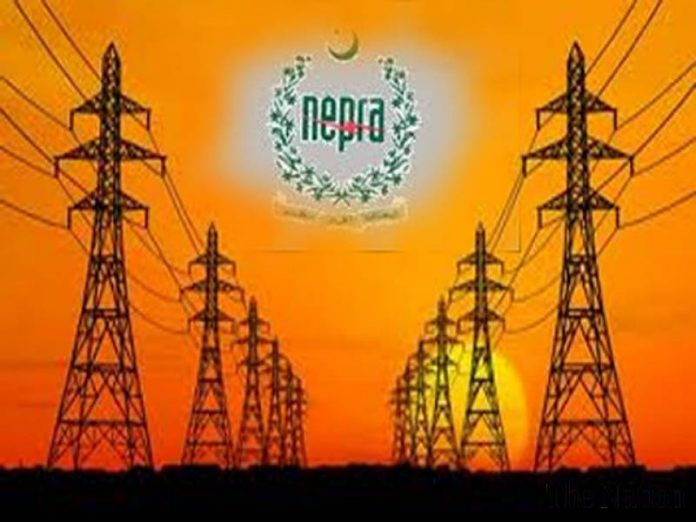Islamabad: Central Power Purchasing Agency (CPPA) on Thursday submitted an application for tariff refund of Rs1.71 for July 2017 to National Electric Power and Regulatory Authority (NEPRA) for consumers of power distribution companies (Discos) under monthly-fuel adjustment formula.
This refund isn’t available to K-Electric, lifeline and agriculture consumers who consume less than 300 units of electricity.
NEPRA will hold the hearing in this regard on the 23rd of August to hear the viewpoint of National Transmission and Dispatch Company (NTDC), National Power Control Center (NPCC) and CPPA.
The data shared for July by CPPA showed that total generation was documented at 12,496.6-Gigawatt hour (GWh) at a total cost of Rs58.63b (Rs4.6935 per unit).
Hydel generation constituted 30.79pc of the total generation reaching 3,847.5 GWh, followed by coal-fired power generation reaching 368 GWh and forming 2.95 pc of the total generation costing Rs4.26 per unit.
Generation from High-speed diesel (HSD) constituted 2.95pc of total generation reaching 335.6 GWh at an estimated cost of Rs14 per unit. Local produced gas fired power generation constituted 17.17pc of the total share reaching 2,145 GWh at a cost of Rs4.36 per unit.
Residual Furnace Oil (RFO) based generation formed 25.6pc in total share of generation reaching 3,198 GWh at a cost of Rs9.30 per unit. Re-gasified Liquefied Natural Gas (RLNG) formed 12.12pc of total generation reaching 1,514.5 GWh.
Nuclear energy just formed 0.43pc of the total generation reaching 641.59 GWh at a cost of Rs0.969 per unit. Pakistan also imported power from Iran at a cost of Rs10.63 per unit reaching 54.28 GWh.
Transmission losses were reported to have reached 1.75pc or 215.6 GWh against the proscribed limit of 3pc translating into per unit loss of Rs.0.0878 per unit.
As per the CPPA’s petition, against a reference fuel price of Rs6.49 per unit for July 2017, the actual generation cost per unit from various fuels stood at Rs4.78 per unit and hence Rs1.71 per unit refund/relief should be passed onto consumers who were overcharged in July 2017.




